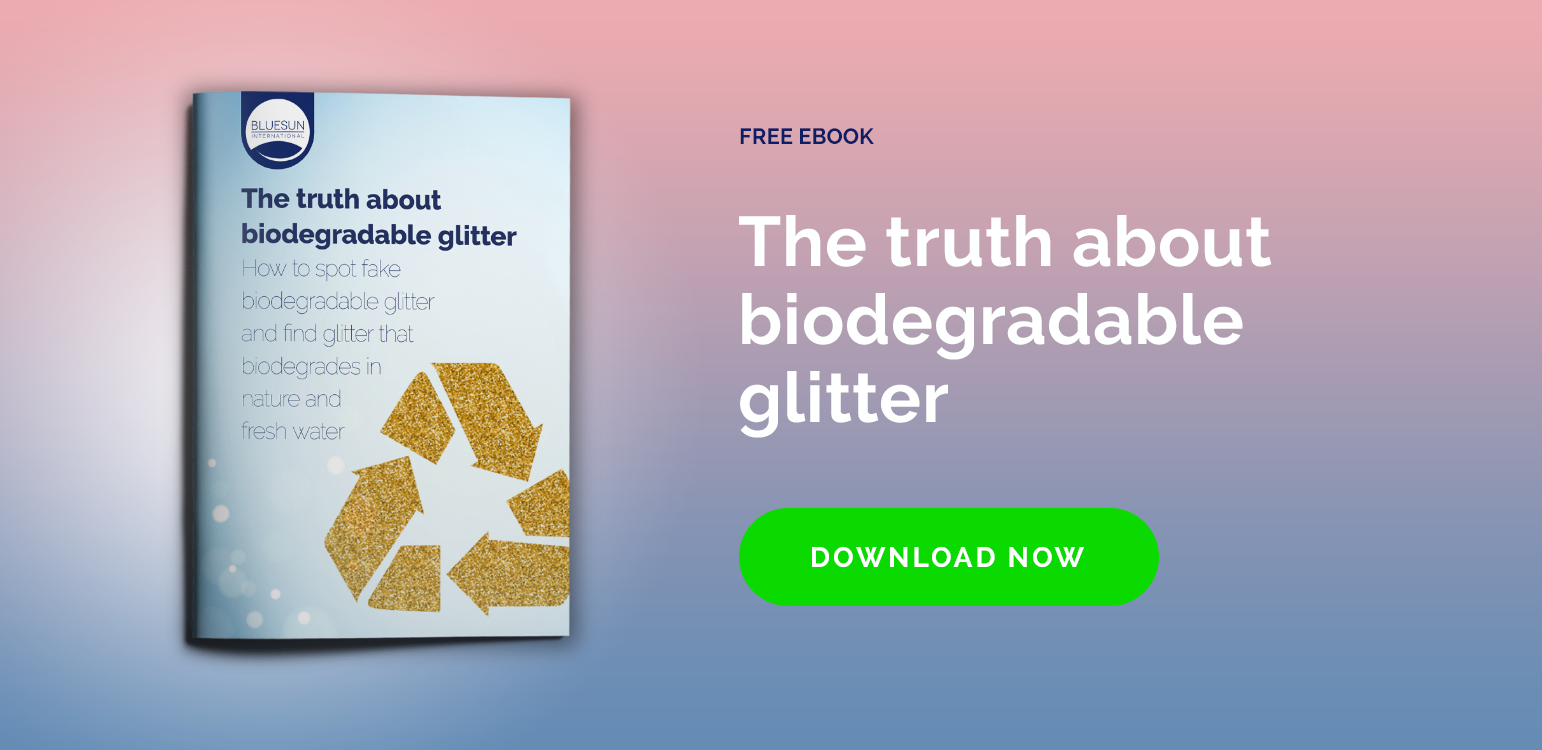Marketing teams developing hair conditioning products quickly grab the consumer’s attention using using words like moisturizers, emollients, penetrate, repair, etc. This strategy gets the attention of the intended market providing an appealing message.
The use of marketing statements for hair conditioners will naturally create questions in consumers’ minds like: What does a product need to be a hair conditioner? What is an emollient for hair? When is necessary to use a humectant moisturizer for hair? Are these marketing terms for hair care products interchangeable? We will answer all these questions and more in the next paragraphs.
What Consumers Need to Know
Hair conditioners provide many benefits for consumers, including:
- Improving hair’s hydration and oil levels
- Protecting the hair’s surface
The terms used to market these products refer to complex processes and different properties, and their meaning changes so often from product to product. It is important to know the ingredients a specific type of hair needs and understanding the terminology will simplify the hair care process for consumers.
What Consumers Should Know About Emollients
It is more appropriate to use the term “emollient” in skin care applications, but consumers should know that the use of emollients for hair is expected to yield similar benefits as it does on the skin. For instance, an emollient ingredient for skin care has the ability to spread on the skin evenly forming a film that smooths the surface and does not feel greasy or tacky, so the same can be said about emollients for hair; consumers can expect they:
- Form an even film on the hair’s surface
- Soften the hair
- Avoid a greasy or sticky texture
Where to Find Emollients for Hair?
Hydrophobic oils are commonly used as this type of emollients, they form films on the hair’s surface and perform as sealers or anti-humectants. Other benefits include:
- They are lubricants
- They add a better slip in between hair strands
- They make hair detangling easier
- They smooth and flatten the cuticle surface
- They improve the hair’s shine and feel
Our Dermanet Jojoba is great for hair care applications since it removes the stickiness of glycerin and makes all oil soluble ingredients to be water soluble.
What Consumers Should Know about Moisturizers
Emollients or humectant moisturizers are essential in proper hair care procedures. Moisturizers improve softness of consumers’ hair.. The benefits of using a humectant moisturizer include:
- Maintaining the keratin structure
- Maintaining hair’s mechanical integrity
- More body and bounce in hair
- Improved curl retention
Consumers with curly hair should know their type of hair is likely to lose water very often due to its porosity and complex protein structure, so they regularly need to moisturize it.
Where to Find Moisturizers for Hair?
Humectants are great moisturizers agents for hair because their hydrophilic molecules attract water molecules from the environment using hydrogen bonding. Humectant ingredients include:
- Aloe Vera
- Glycerin
- Propylene glycol
- Honey
- Panthenol
Other great moisturizing ingredients are the occlusive agents, which form a barrier film on the hair’s surface to prevent too much moisture from getting to the hair. Our 392F is a thermal protector whose encapsulated actives protect the hair fibers and improve:
- Strength
- Shine
- Smoothness
- Elasticity
If you are looking for emollients or humectant moisturizers, our products meet the criteria to develop top hair conditioning formulas.


![Free ebook: The truth about biodegradable glitter [Click here and download now]](https://no-cache.hubspot.com/cta/default/4020212/b9c13b96-3024-4b35-9af9-cbd44d84ec15.png)


